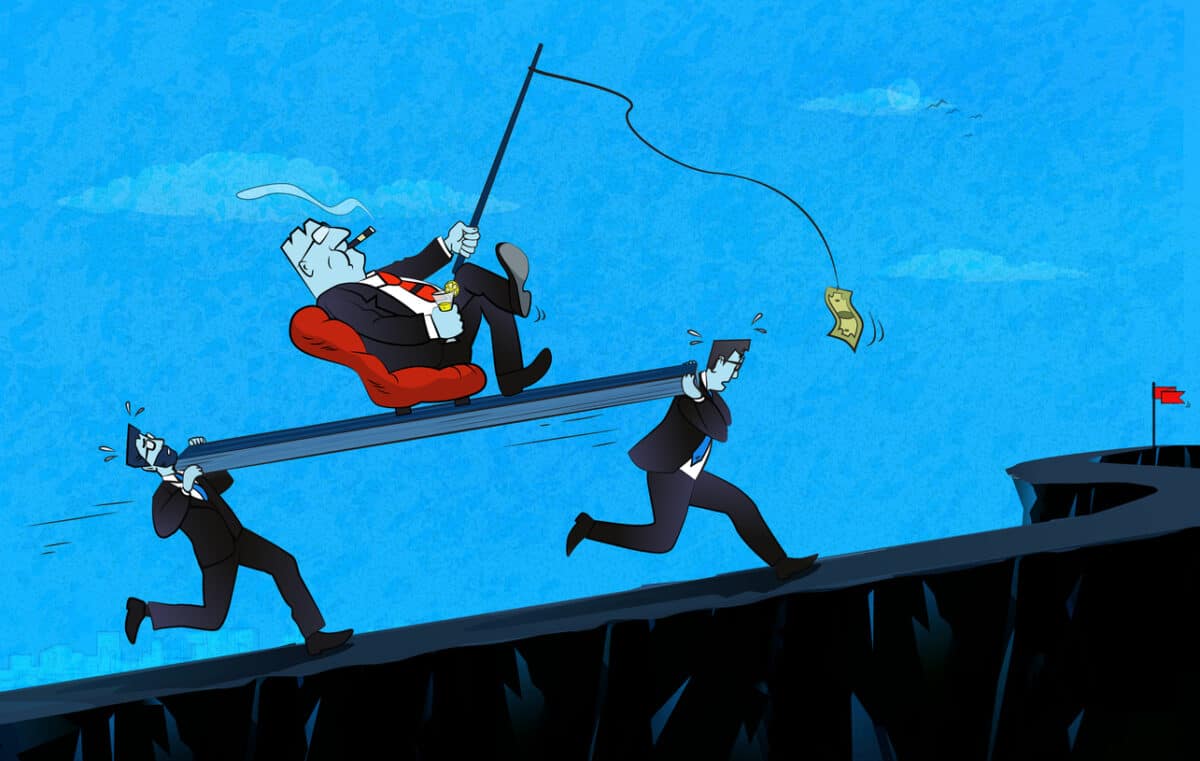This week a colleague told me that the return to the workplace demands by companies is the most significant issue for 2023. Perhaps, but it is no longer a significant occupational health and safety (OHS) challenge. The directions of company executives are couched in terms of productivity and management comfort. A short while ago, the cause of pre-vaccine tension was masks, hygiene, “dirty” public transport and mandatory vaccinations.
The issues have shifted from the avoidance of infections to the anxieties of returning to the office, which coincidentally places the issue in the OHS contexts of psychosocial issues and worker welfare.






